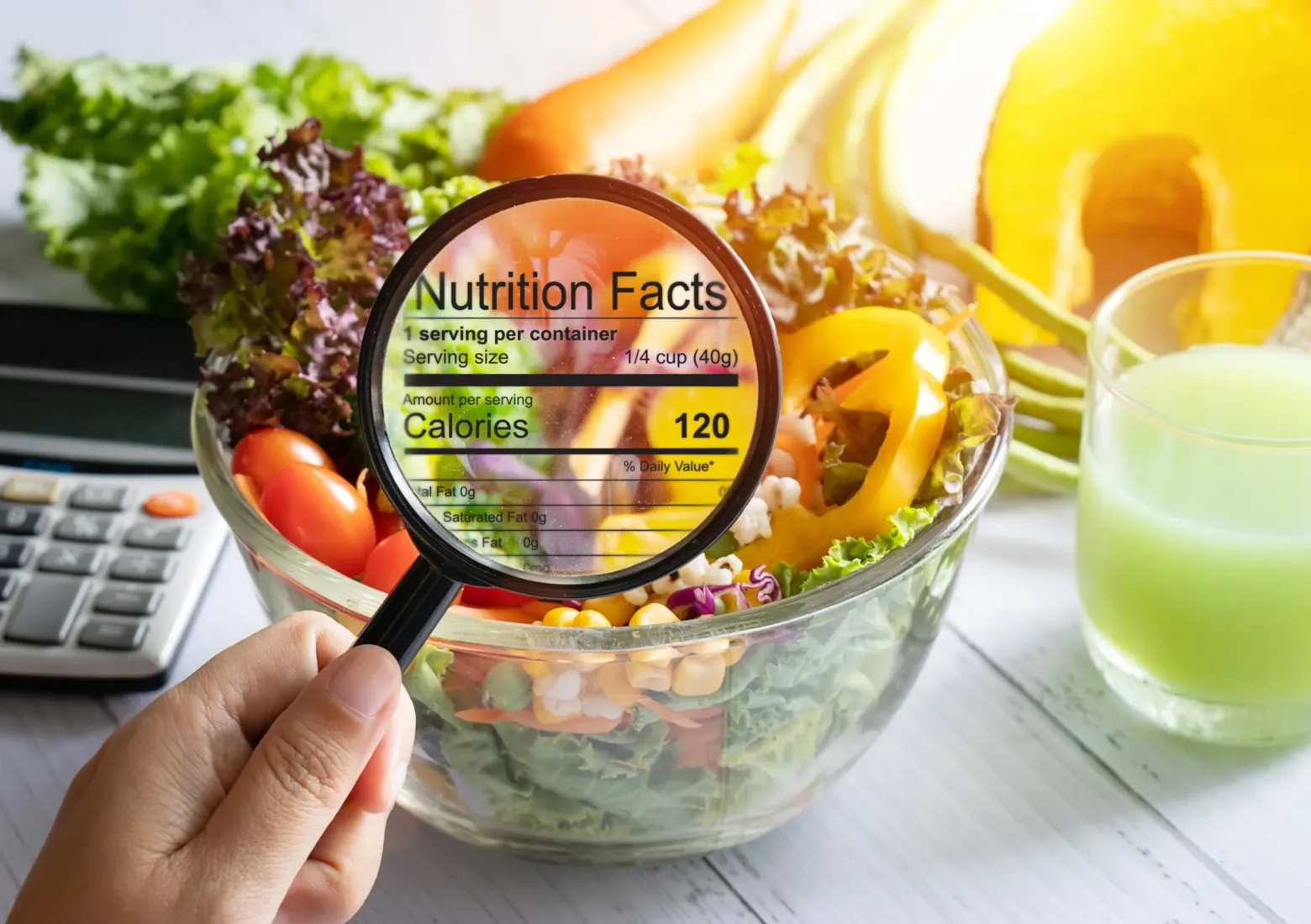Making Informed Food Choices (National Nutrition Month)
March 6 • 2024

Food is the lifeblood of communities. It provides an opportunity for loved ones to gather, bond, and exchange stories about their lives. It also serves as a link to our heritage, such as recreating a beloved family recipe like your grandmother’s vegetable soup. However, in today’s fast-paced world, making healthy food choices can be challenging due to hectic schedules and limited nutritional knowledge.
What does it mean to make informed food decisions?
Making an informed food decision means understanding what you’re eating, monitoring your portion sizes and ensuring your meals are nutritionally balanced.
It entails applying your understanding of nutrition and considering your lifestyle, actively recognizing the foods that are beneficial for your health and those that are not.
Why is it important to make informed food decisions?
Acknowledging your food decisions – and realizing what you’re eating – can help you become healthier.
Consuming proper nutrition can prevent chronic illnesses, enhance mental well-being, increase energy levels, strengthen the immune system, and elevate your overall quality of life.
How to make informed food decisions?
Making informed food decisions spans across a lot of different areas. However, our aim is to simplify the process for you, enabling you to comprehend and initiate your journey toward improved nutrition and a healthier lifestyle, so you can do amazing things.
1. Educate Yourself
Learn about nutrition, including macronutrients (carbohydrates, proteins and fats) and micronutrients (vitamins and minerals.)
Here are two great breakdowns of what macronutrients and micronutrients are and how much to eat.
Another fun way to figure out what and how much to eat within your lifestyle is by using the MyPlate Plan created by the U.S. Department of Agriculture.
2. Read Food Labels
When you pick up food at the grocery store do you flip it around and read the label? It’s important to do so to realize what nutritional value an item may have, check the serving size, and make sure your daily percentage of total fat, sodium, protein, and carbohydrate are balanced.
Pay attention to the ingredients list, serving sizes, and nutritional information on food labels. Look for items that are low in added sugars, saturated fats, and sodium. You’ll want to look for items that are high in essential nutrients like fiber, vitamins, and minerals.
The FDA has a great in-depth guide on how to read the label on the back of your food products.
3. Plan Meals Ahead
Take time to plan your meals and snacks for the week. Consider incorporating a variety of foods from different food groups to ensure you get a wide range of nutrients.
4. Consider Portion Sizes
Be mindful of portion sizes to avoid overeating. You can use measuring cups, spoons or other visual cues to help you determine appropriate servicing sizes.
5. Go to a Farmers Market
It’s a great way to support your local economy, and it gives you access to some of the best-tasting produce around. Going to the farmers market can also help you connect with your community and learn more about healthy eating.
6. Listen to Your Body
Are you satisfied after eating your meal? It’s important to check in with yourself and see how you’re feeling after eating.
Food has the power to evoke strong emotions, so it’s crucial to think about why you’re eating. Being mindful of how certain foods affect your well-being, energy level, and digestion can also make a difference in how you feel after you eat.
7. Seek Reliable Sources
When you want to learn about making informed food decisions, rely on credible sources for nutrition information. Places like registered dietitians, nutritionists, and reputable websites and publications. See where these places got their information.
If you’re concerned about your dietary decisions and want help taking the first step towards better health, book an appointment with your primary care physician.
At Aylo Health, our physicians are committed to assisting you in crafting a personalized health plan to help you feel your best. They are dedicated to addressing nutrition and providing guidance to empower your success in achieving optimal health and well-being. We want you to succeed and be the healthiest you can be so you can do amazing things.